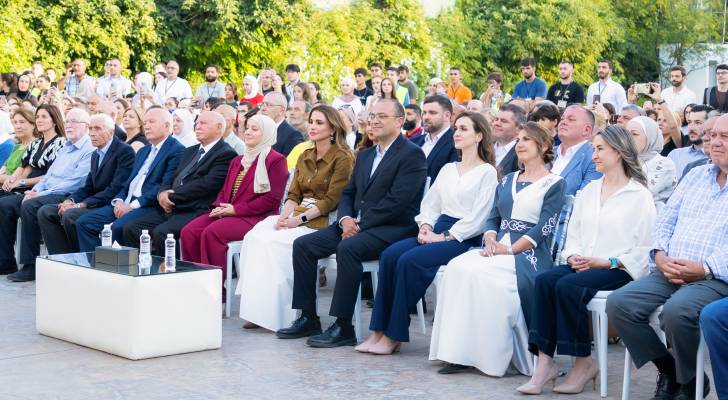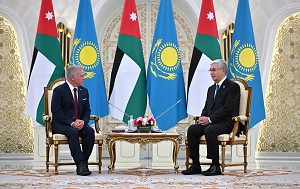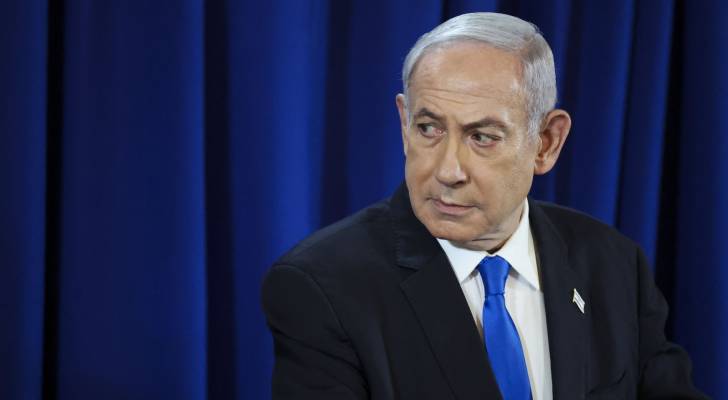Prince El Hassan attends launch of book on Jordan’s land, history
The Jordan Times
AMMAN — HRH Prince El Hassan bin Talal, president of the Arab Thought Forum (ATF), on Monday attended the launch of Zeidan Kafafi’s book “The Story of the Land of Jordan: From Prehistory to the Persians”.
The event, organised at the Jordan Museum by the American Centre of Research in partnership with El Hassan Science City and the Ministry of Tourism and Antiquities, was attended by UNESCO Goodwill Ambassador HH Princess Dana Firas and several officials.
Prince El Hassan praised the book’s theme and its historical, geopolitical, geographical and geophysical dimensions, noting that it comes at a time when cultural heritage and historical legacy initiatives are increasingly overlooked.
“It is important to highlight Jordan’s three geological regions, the Great African Rift running through the Jordan Valley, the country’s mountain ranges, and the Jordanian Badia, due to their geographical significance, which provides a cultural perspective and deeper insight into Jordan and the Levant from a historical and geopolitical viewpoint,” he said.
The prince highlighted the importance of linking historical narratives with the analysis of current issues, noting that the main axis of conflict between the Levant and the Maghreb was shaped around trade routes connecting ancient civilizations, which relied on the flow of goods, knowledge, and science from the Levant to the Maghreb, rather than the other way around.
He added that a study of the Eastern Mediterranean and regional history shows that both past and present events revolve around energy, pointing out that Gaza Hashim” was once Nabataean and the Lebanese city of Tyre Phoenician, highlighting the ancient trade routes and the cooperation among civilizations in the Levant.
Prince El Hassan also stressed the importance of enhancing the role of youth in following and analysing contemporary events and issues within their historical and geographical contexts, through collaborative initiatives aimed at studying and understanding cultural and historical heritage in light of present realities.
He noted that such an approach contributes to enhancing integrated development efforts across various economic and environmental sectors, while promoting interdisciplinary cooperation in humanities.
Kafafi expressed his “deep” gratitude to Prince Hassan for his “steadfast” support in safeguarding Jordanian and Levantine cultural heritage, praising his contemporary and insightful approach to its study and analysis.
He highlighted that the book underscores Jordan’s profound historical significance among the civilizations of the Levant, reflecting its strategic geographical location and the pivotal geopolitical role it has played across the ages, from prehistoric times to the present.




